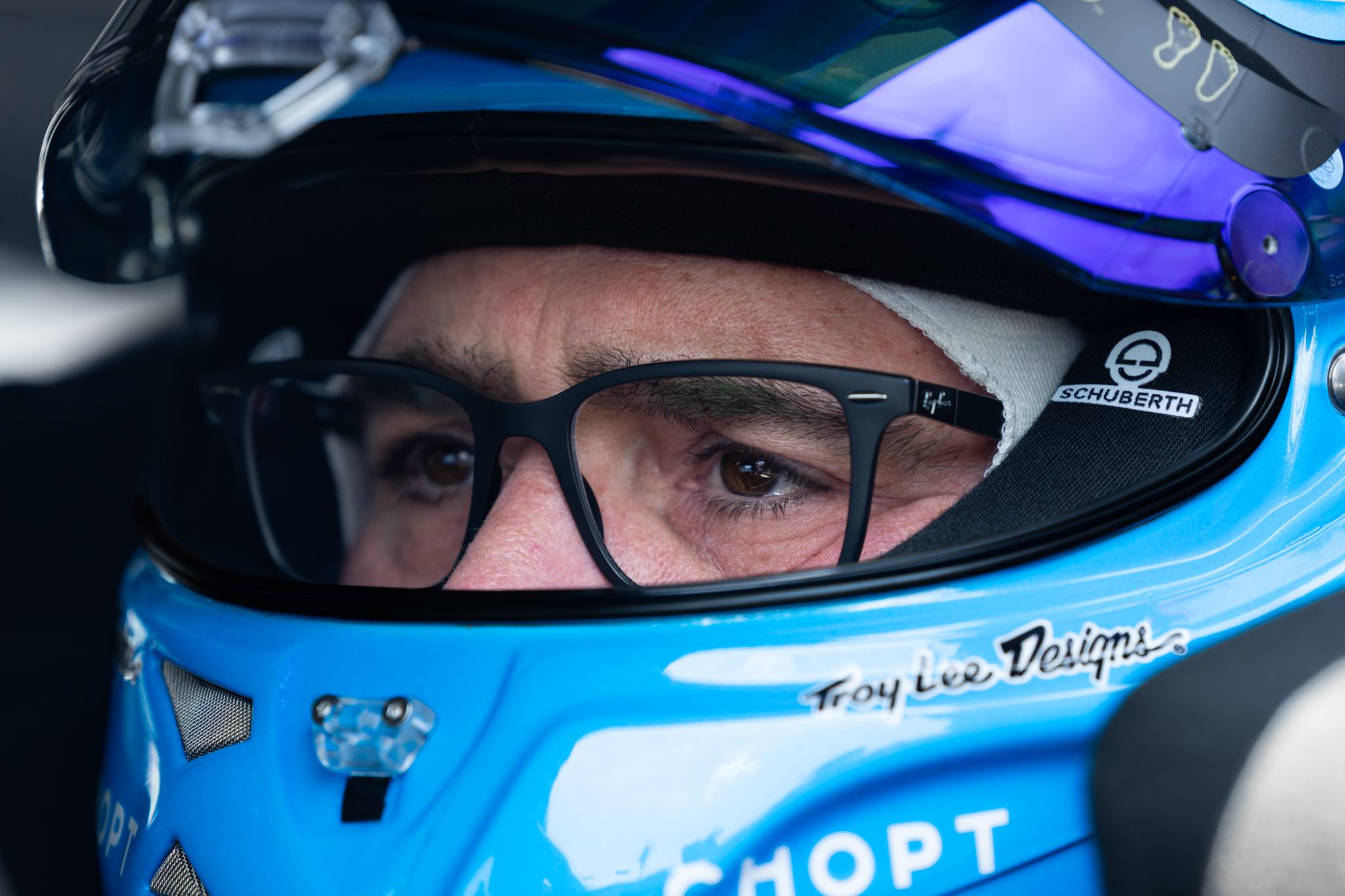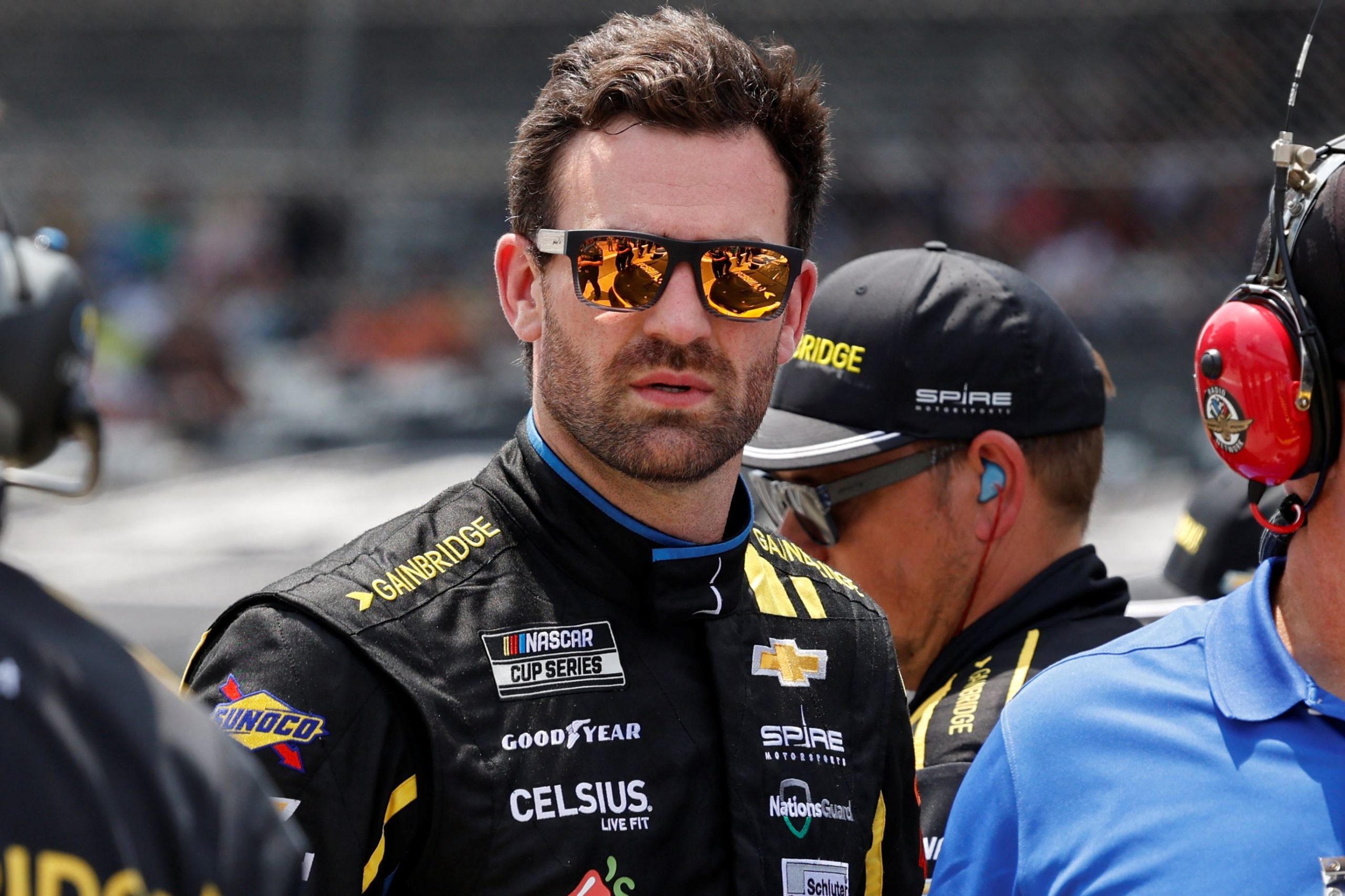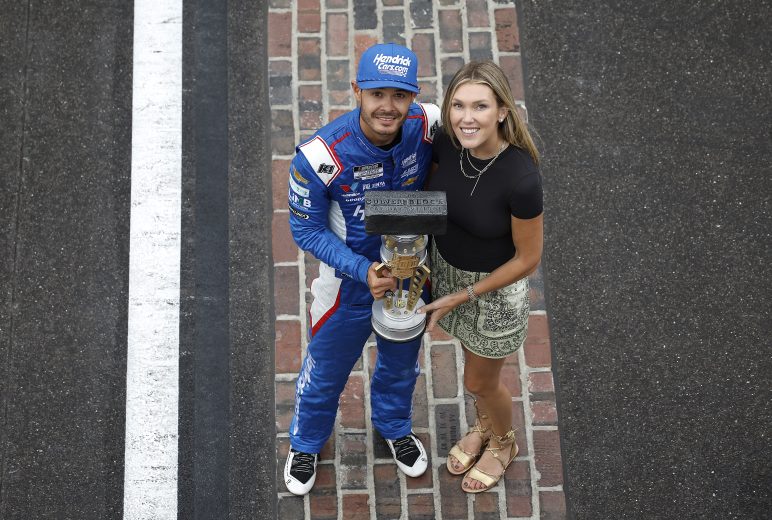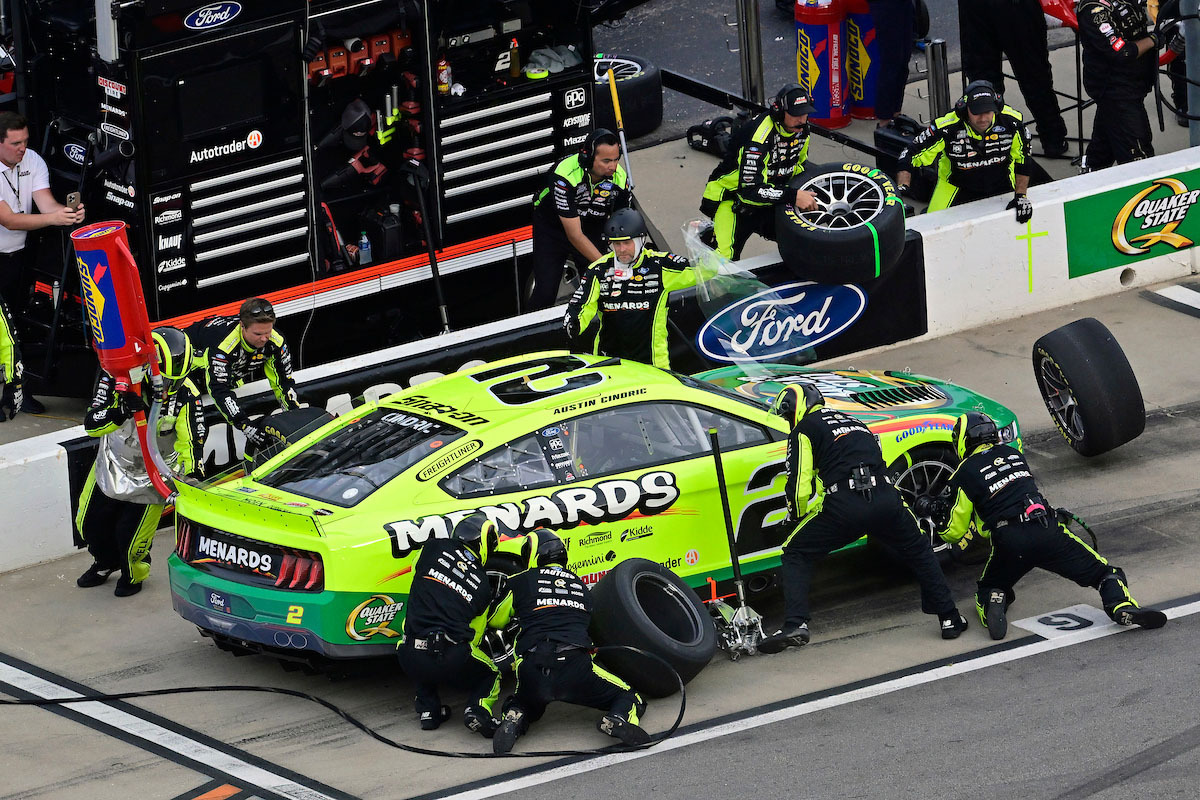Do NASCAR cars overheat?
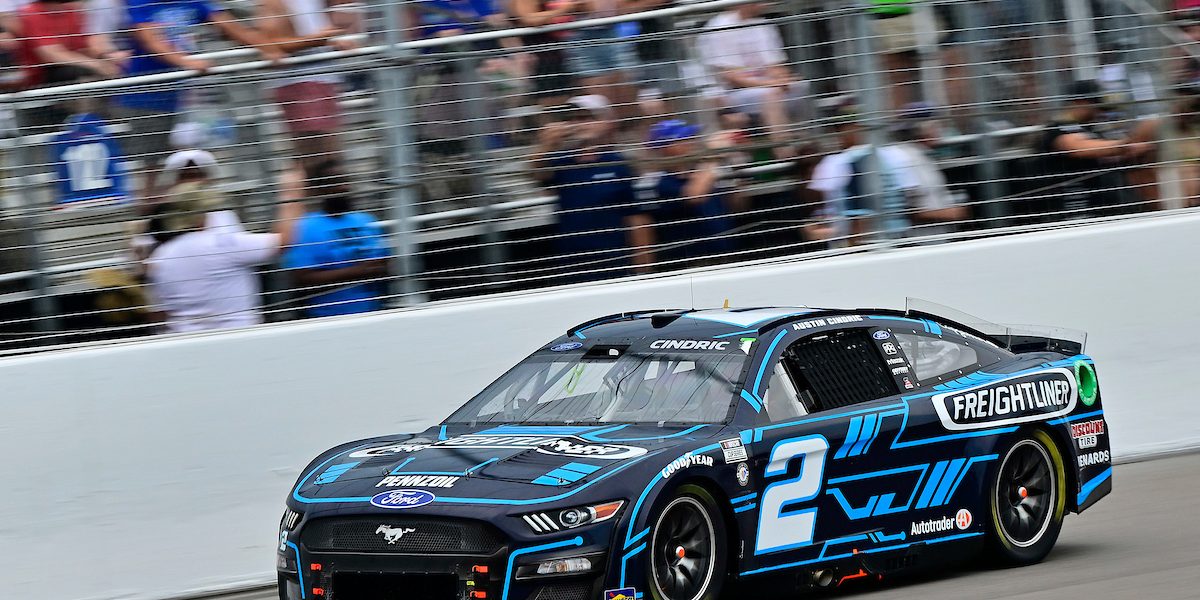
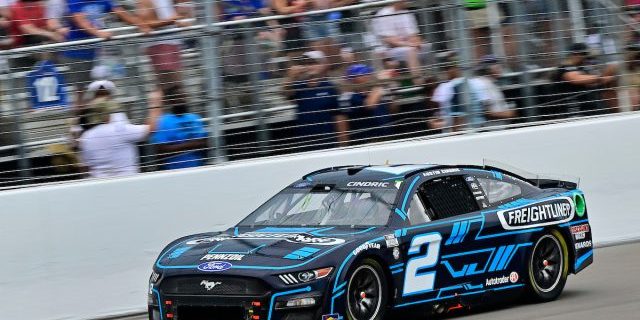
You’re probably here because you’ve watched a NASCAR race and wondered, “Do NASCAR cars overheat?” Well, you’re in the right place to find the answer to your burning question.
No, NASCAR cars are designed to handle extreme conditions and are less likely to overheat compared to typical passenger vehicles.
In this article, we’ll dive into the nitty-gritty details of why and how NASCAR cars are designed to prevent overheating. We’ll also explore related questions and topics, like cooling systems, the role of pit stops in maintaining engine health, and what actually happens if a NASCAR car does begin to overheat.
Table of Contents
A Detailed Explanation on NASCAR Cars and Overheating
The Intricacies of a NASCAR Cooling System
NASCAR cars are equipped with highly sophisticated cooling systems that are engineered to withstand extreme conditions. Unlike standard vehicles, the cooling system in a NASCAR car operates in a high-stress environment where speeds can reach over 200 mph. To handle this, the system uses a combination of air intakes, radiator systems, and specialized coolant fluids to regulate the engine’s temperature.
Why Pit Stops Matter
Pit stops play a significant role in preventing overheating. During these brief intermissions, the car’s vitals are checked, including temperature levels. If there is any sign that the car might be heading towards an overheating state, the team can take immediate corrective actions like adding coolant or checking for blockages in the cooling system.
How Teams Prepare for Different Race Conditions
Different races and weather conditions demand specific preparations. Teams will often tune their cooling systems based on the particular track and weather conditions. For example, a race in a hot, dry climate may require a different coolant mixture compared to a race in a cooler, humid area.
What Happens When Things Go Wrong?
Despite all these precautions, things can still go wrong. In the rare instances when a NASCAR car does start to overheat, the driver will be alerted via their dashboard gauges, and the pit crew will be notified. Immediate steps will be taken to prevent any lasting damage to the engine.
Here’s everything else you need to know to understand why NASCAR cars are so resilient to overheating.
What Causes Overheating in Standard Vehicles?
Understanding why NASCAR cars don’t typically overheat first requires a grasp of why regular vehicles do. Everyday cars can overheat for a variety of reasons, such as radiator issues, low coolant levels, or a faulty thermostat. Unlike NASCAR vehicles, standard cars are not equipped to handle extreme performance conditions, which is why they are more susceptible to overheating.
The Nuances of Standard Radiators vs. NASCAR Radiators
The radiator in a NASCAR car is much more robust than in your average vehicle. It’s designed to function efficiently at high speeds and under great stress. On the other hand, standard radiators may not be as effective in dissipating heat, particularly under demanding conditions.
The Role of Aerodynamics in Cooling
Aerodynamics isn’t just about making the car go faster; it also plays a vital role in cooling. NASCAR cars are designed with specific air intakes that guide air towards the engine and cooling system. This dynamic approach significantly contributes to maintaining an optimal temperature within the engine, reducing the likelihood of overheating.
Airflow Engineering
The airflow through a NASCAR car is meticulously engineered. Special vents and ducts are strategically placed to ensure that cool air reaches essential components, while hot air is efficiently expelled. This setup is far more advanced than the cooling strategies employed in most standard vehicles.
The Importance of Driver Training
You might think that it’s all about the car, but the driver plays an important role in preventing overheating as well. NASCAR drivers are trained to monitor their car’s vitals, including temperature gauges, and to communicate effectively with their pit crew to mitigate any issues before they become critical.
Driver’s Intuition and Experience
Experienced drivers often develop an intuition for when something doesn’t feel right with their car. This “sixth sense” can be invaluable in preventing a situation where the vehicle might overheat. By recognizing the early warning signs, drivers can take preemptive action to avoid potential disaster.
Do NASCAR cars overheat? – Final Thoughts
You came here with a question: Do NASCAR cars overheat? Now, you’ve not only found your answer but also delved deep into the complexities of NASCAR cooling systems, the crucial role of pit stops, and even how a driver’s skill contributes to keeping that engine temperature just right. Remember, NASCAR cars are feats of engineering designed to perform under conditions most vehicles would find unbearable. So, the next time you see a NASCAR race, you’ll know just how much goes into preventing that engine from smoking up.
Do NASCAR cars overheat? – Frequently Asked Questions
Why don’t NASCAR cars have air conditioning?
Air conditioning systems add weight and reduce performance. The primary focus in NASCAR is speed and efficiency, which is why air conditioning is usually absent.
Can a NASCAR car overheat in traffic?
NASCAR cars are designed to run at high speeds, which naturally aids in cooling. However, in rare bumper-to-bumper scenarios, they can get hotter but are generally well-equipped to handle it.
What kind of coolant do NASCAR cars use?
NASCAR teams often use specialized racing coolant, designed to work under extreme conditions, instead of traditional antifreeze.
What happens if a NASCAR car does overheat?
If a NASCAR car does start to overheat, the driver is alerted, and the pit crew takes immediate action to prevent engine damage, usually during an emergency pit stop.
How do pit crews check for overheating?
During pit stops, the car’s temperature is monitored through specialized gauges. The crew may also perform visual checks for any coolant leaks or other issues that might cause overheating.
Is overheating common in other forms of motorsport?
Overheating can happen in other motorsports but is generally less common in professionally managed events where cars are designed to meet the specific demands of the sport.
Now that you’re armed with this knowledge, enjoy your next NASCAR race with a deeper understanding of what goes on under the hood!

